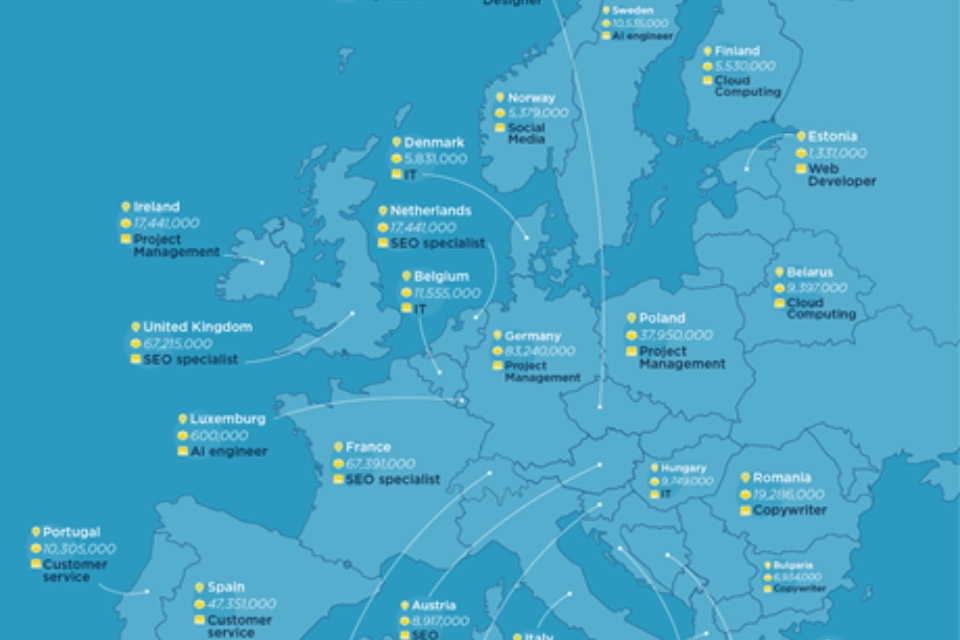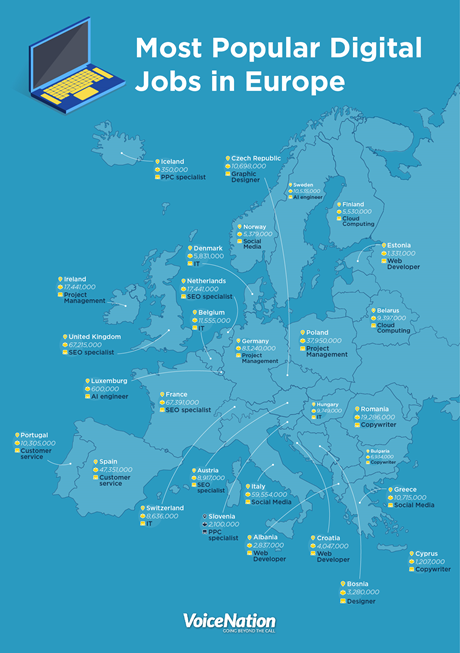Marketing industry urged to implement continuous learning cultures
The DMA is calling on senior management teams across the UK to introduce continuous learning cultures within their marketing organisations.
This follows today’s publication of findings from our UK-wide pilot into micro-upskilling, revealing it offers additional learner benefits compared to traditional training methods, but it must be spearheaded from the very top to reach its full potential.
In late 2022, around 150 learners across 16 multinational organisations, charities, SMEs, and agencies took part in trialling micro-upskilling over a 6–10-week period. Organisations such as Experian, RSPCA, Golden Charter, Visit Scotland, PETA, and The Dragonfly Agency were involved.
The DMA’s pilot is an integral part of its wider campaign to move the marketing industry a step closer towards reducing industry-wide skills gaps and talent shortages – to fuel future growth in the UK’s digital economy through continuous staff development.
The main objective was for participating learners to commit as little as one hour a week to flexible, bitesized e-learning and professional development. Following the pilot programme, learners took part in a survey to help the DMA better understand their experiences of micro-upskilling as an alternative learning approach.
There were key benefits identified by talent:
- 52% of learners felt more engaged with upskilling due to the micro-upskilling pilot
- 46% developed new skills through micro-upskilling that they wouldn’t have previously been able to
- 39% of learners stated they found micro-upskilling better than their previous learning experiences
- 67% believe micro-upskilling has made their organisation more engaged with their skills development
“Direction, support and structure are essential building blocks of a learning culture yet are also the main barriers to professional development,” said Rachel Aldighieri, MD of the DMA. “Our micro-upskilling pilot findings are really encouraging – demonstrating to businesses how they can develop these building blocks to supercharge skills acquisition in the short term, while instilling long-term learning habits across their organisation that benefits the employee and employer.”
A key challenge affecting 60% of learners was finding time to upskill. In addition, 55% also stated they had too many competing priorities. These were the most stated challenges by quite a margin, so senior leaders must bear this in mind when implementing micro-upskilling.
Because of these reasons, 35% managed to do micro-upskilling ‘most weeks’ throughout the pilot, with 39% only able to do it ‘some weeks’. 26% even stated that they were unable to ‘do it very often’.
Evidently, micro-upskilling opportunities are highly desirable to staff – so much so that 90% of learners stated that they would like to continue micro-upskilling with their respective organisations.
Aldighieri explained: “In the current economic climate, financial and time constraints mean that traditional training approaches are harder to implement, yet it is critical that our industry doesn’t neglect skills development and the growth of our teams. Micro-upskilling provides an effective and productive way of investing in our people and, in turn, plugging skills gaps to drive business growth.”
63% of learners stated they would feel more confident and positive about their career if micro-upskilling was permanent at their organisation – 33% would be more likely to stay with them.
Aldighieri added: “The fact that the majority of participating talent mentioned that if micro-upskilling became permanent it would boost their career confidence as well as their organisational loyalty, suggests it has a huge role to play as an alternative learning method in our industry – supporting traditional approaches such as training days.”
Micro-upskilling is clearly an important step in the right direction for facilitating meaningful change, so the DMA will now expand its commitment to it.
“The DMA will now work with our wider community to introduce micro-upskilling as a key element of membership. A pledge will be introduced requesting member organisations to commit an hour a week to all staff’s L&D in our new People Pillar of the DMA Code. We aim to make continuous learning synonymous with the DMA community, so our marketers are regularly enhancing their skillsets and helping to drive responsible business growth,” concluded Aldighieri.






